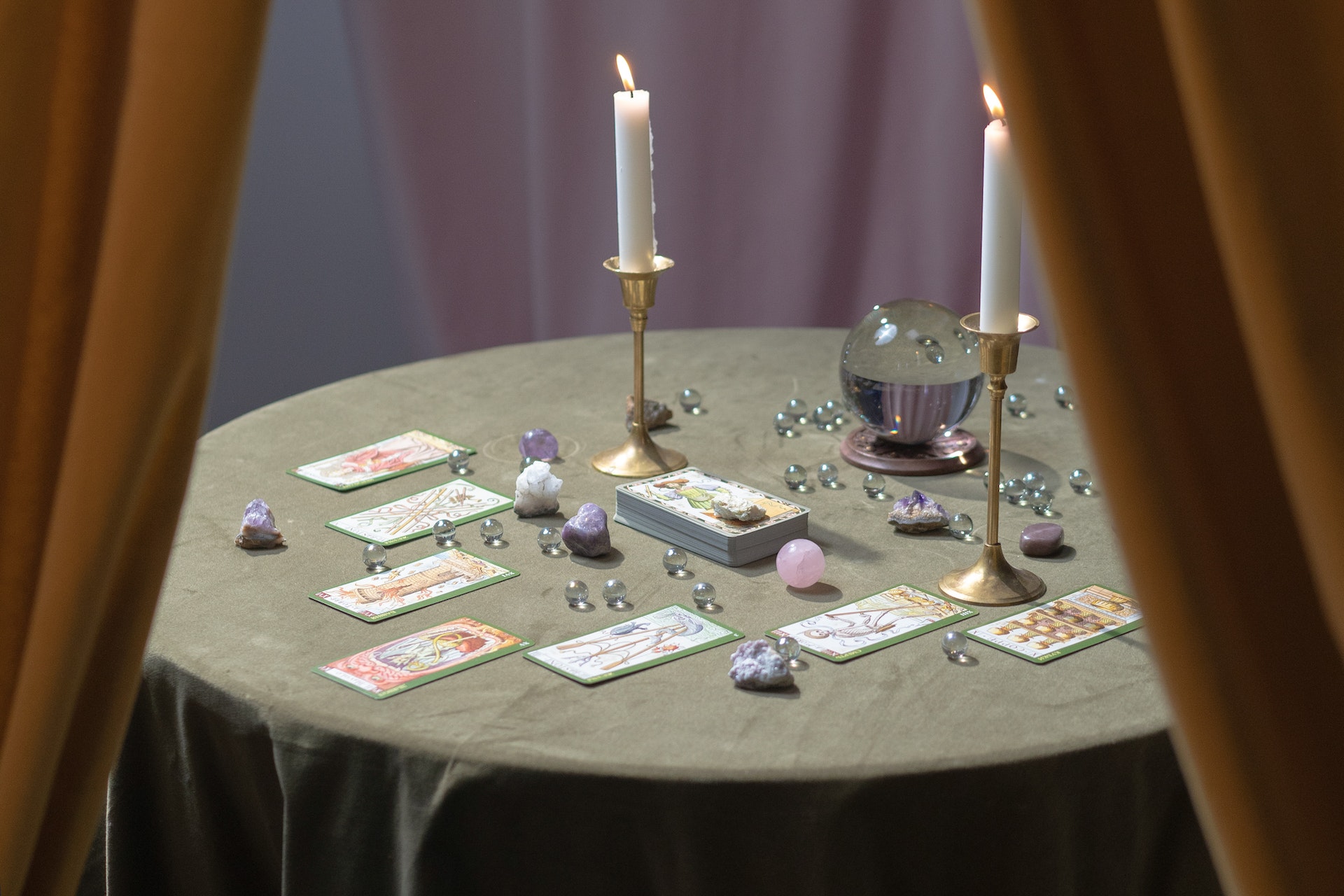While most people associate magic with the upper class, the practice of prophecy is not limited to traditional societies. The modern world can benefit from the ancient art of mediation, and divination may hold a place in this evolution. Many modern organizations allow people with special skills to conduct divination. Today, even electronic technology can help people contact the dead. These devices are commonly referred to as ghost boxes, generating white noise, known as Electronic Voice Phenomena (EVP).
Origins
The study of divination has long been undervalued, despite its importance to countless cultures. While it remains a fringe topic in academic circles, there has been a revival of interest in the practice, especially among anthropologists. It has received increasing attention since the 1990s, with a small but steady stream of publications. However, its history is mainly unexplored.
Early practitioners of divination argued that using books to foretell the future was a Christian concept. They believed that Saint Augustine had converted to Christianity after reading the Bible. In medieval times, divination was frowned upon, as it threatened the authority of the Church. Now, some people have beliefs in magic and all sorts of things. In fact, magical gift items salem ma are sold in the area, and people are fond of these.
Methods
One of the most common forms of divination is pendulum divination. It involves asking a Yes or No question to a pendulum and then allowing it to float in the air and reveal answers. This form of divination is still popular today and can display various information and solutions. You can buy a commercially available pendulum for around $15 or make one yourself with crystals and stones.
It is used to answer social and personal questions. It can be used to uncover hidden motives and a person’s underlying conflicts. It can also be diagnostic, offering predictions and advice.
Impact on Society
The ultimate aim of divination is to bring consensus and heal social schisms. While prophecy is often derided, it has received limited attention in academic circles. Since colonial times, the practice has rekindled interest among anthropologists. A small but steady stream of publications has emerged in the field.
While most Western societies have tolerated the practice of spiritualism, many of these practices are often associated with the upper classes. Despite its negative associations with science, many people still practice astrology and other mantic disciplines. The impact of modern technology on spiritualism is largely ignored.
Divination is a widespread cultural practice that takes many forms. It can be diagnostic, foretelling, or interventionist. According to Cicero, divination can be classified into two categories: inspirational divination and the type that requires trained skills. Most forms of divination require a combination of inspiration and craft and often involve both nature-based and non-nature-based elements. Some examples include African basket diviners, Yoruba priests of divination, and Mongolian shamans.
Ethics
In the 21st Century, ethical issues are becoming increasingly crucial in divination. Ethics, as we know, are a shared heritage of moral values that connect people across cultures. They protect us from conflict, avoid disputes and promote respect. When we follow good ethics, we show respect for other people and do what is right. If we ignore ethical considerations in our divination practice, we risk causing people to doubt our integrity.
The book begins with an exploration of Christian attitudes toward divination, looking at the precedents of prophecy in the Middle Ages. Wisniewski also looks closely at the banning of divination in Roman law. However, this book is flawed because Wisniewski is biased toward historical positivism, a perspective that tends to minimize the importance of rhetorical evidence.

